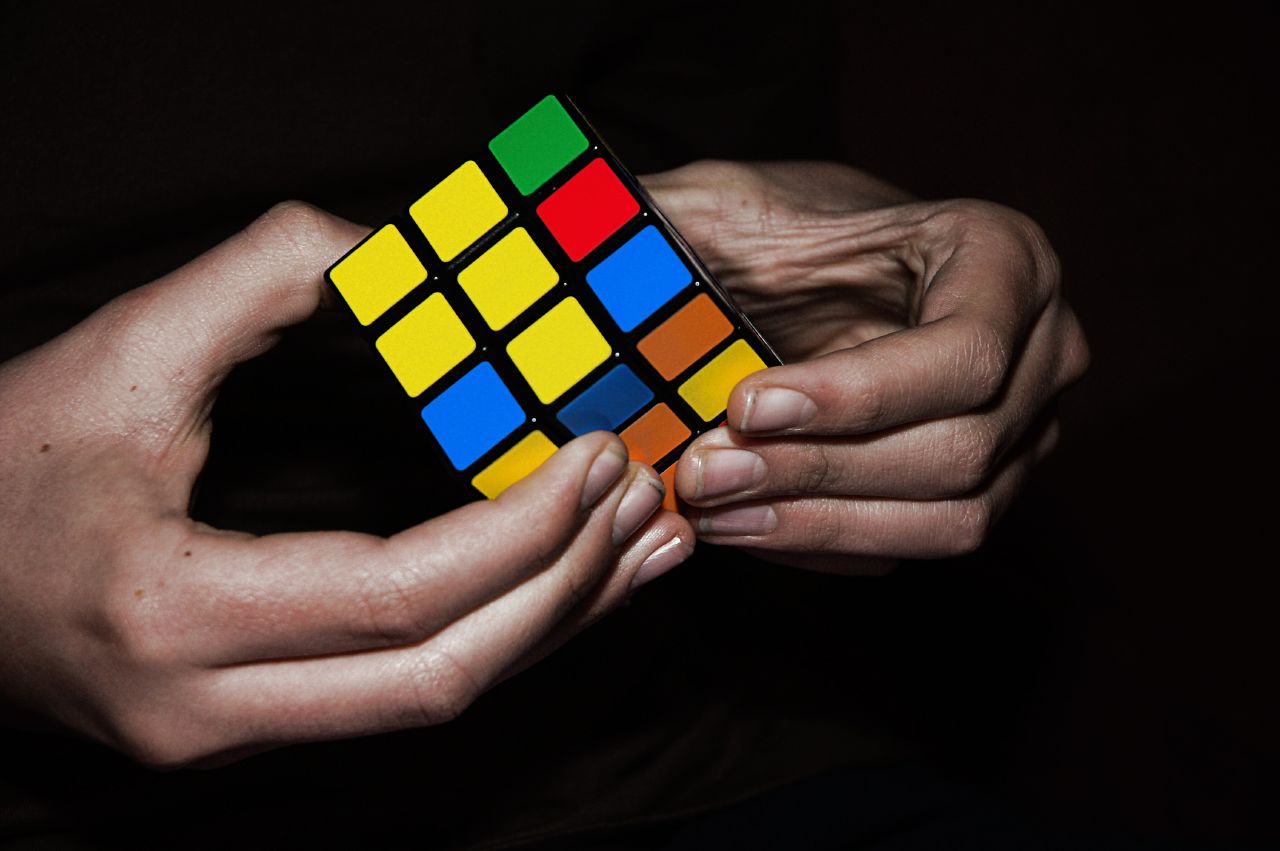
Journalism is often referred to as “the fourth estate”, and is seen as being crucial to the functioning of a healthy and fair society.
In democracies, the role of the journalist is suppose to be to inform the public debate so that the audience can make educated choices.
The role of politicians is supposed to be to represent those who elected them, and to ensure that the concerns of that electorate are listened to, considered, and, where appropriate, acted upon.
In such a political system, the journalist should act on behalf of the audience to ensure that politicians do their job.
The journalist should be exploring and covering the issues that most concern their readers and listeners.
In doing so they should include a diversity of voices and political opinions in order to offer the richest and most complete coverage possible.
If they achieve that, they are more likely to offer journalism that enhances understanding and encourages dialogue and debate.
The fourth estate (that’s us)
Journalism is sometimes referred to as “the fourth estate”, and is seen by some as being crucial to the functioning of a healthy and fair society.
Thomas Jefferson, the main author of the US Declaration of Independence, and the country’s third president, once remarked, “were it left to me to decide whether we should have a government without newspapers or newspapers without government, I should not hesitate for a moment to prefer the latter”.
Perhaps Jefferson was right in suggesting that journalists are more important to society than politicians. Perhaps, in some societies, the politicians know and fear that.
What is clear is that the relationship between journalists and politicians can have a significant impact on the functioning of a fair and just society.
Politicians make decisions and take action on behalf of the public. Journalists scrutinise those decisions and report the implications to the public.
Journalistic types – which are you?
To understand the relationship between the media and politics, it’s important to look at the various dynamics that can exist between a journalist and a politician.
Here are a few that come to mind:
- The hunter: Tracks politicians down relentlessly. Follows any trail. This journalist never gives up until they have their prey. They are driven and won’t believe the politician, even when the politician is telling the truth. The hunter journalist can often lack perspective and objectivity. Their contribution to enhancing the understanding of the audience is questionable.
- The activist: Committed to a cause and will fight any politician who is against that cause while supporting any politician who backs the cause. This journalist can be blinkered and one-dimensional. They find it hard to be objective because they realise that offering another perspective may weaken the angle they wish to push. The activist journalist enjoys being seen as the martyr and often risks becoming the story rather than covering the story. The question has to be asked, can an activist be a journalist and can a journalist be an activist – highly unlikely.
- The buddy: Becomes a close friend to the politician and rarely questions their position, often taking the stance that the politician is right regardless of any evidence to the contrary. This journalist will do the politician a favour, but will have limits – usually when they think they will be found out. However they will always be ready to lend a hand when needed if they feel that their coverage might benefit the politician and themselves. The buddy journalist is easily manipulated.
- The possession: Owned by the politician through compromise and over-familiarity. They probably lost their journalistic integrity at an early age. Likely to publish anything the politician wants with no questions asked. This journalist is little more than an unpaid member of the politician’s public relations team. They enjoy name-dropping and being seen as connected to the influential.
- The party member: Does his or her best to hide their allegiance, but can’t help it showing through in their tone, story choice and their ability (or inability) to ask the searching question. The party member journalist will spend a lot of time rubbishing the political opinions of those with whom they disagree. They can be spotted by their enthusiasm for a story that other, less-compromised, journalists fail to see. They will defend that story choice against all logical reasoning.
- The comfortable: The “I’ll scratch your back, you scratch mine” journalist. Their view is why fight when you can both have a profitable and easy life? Who will know? This journalist sees their job as a 9 to 5 chore that serves only to provide the means to exist. Usually enjoys fine wine and good food. Is available to all parties to woo. The comfortable journalist sees this as being fair, impartial and objective.
- The constructive journalist: Manipulated by those who fear probing, rigorous and sceptical journalism. Pressured into self-censorship due to senior and peer-group pressure to take a positive view of news. This could lead to the “constructive journalist” becoming little more than a public relations machine having been stripped of their role in scrutinising, questioning, and holding the powerful to account. The constructive journalist allows those with something to hide to keep their secrets and becomes a messenger for those who are setting the ‘constructive’ and ‘positive’ news agendas.
- The true journalist: Free from party ties, has integrity and can’t be bought, is passionate about informing the public debate, seeks the truth, reports objectively and fairly, and includes multiple perspectives even including those they dislike. Is prepared to investigate all they hold dear. Sees nobody as being beyond reproach and is realistic about human nature. The true journalist seeks the truth.








